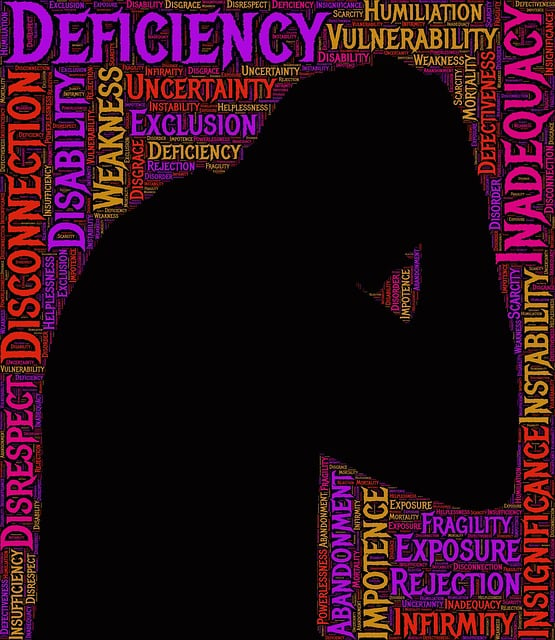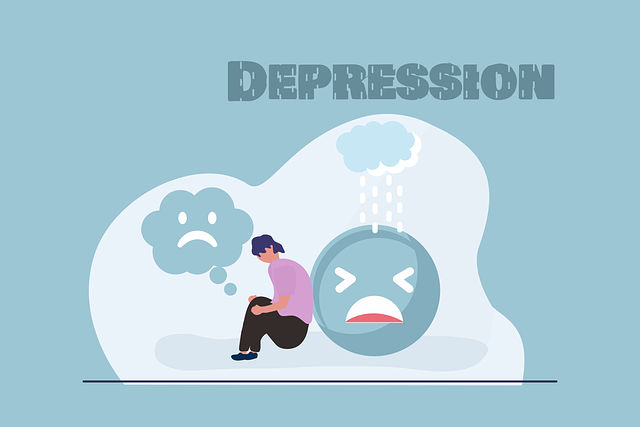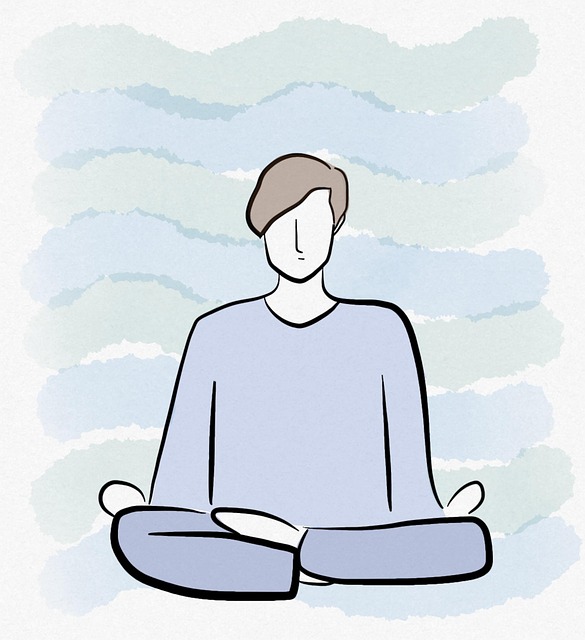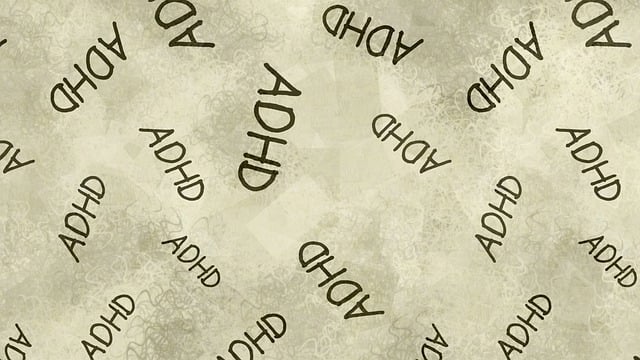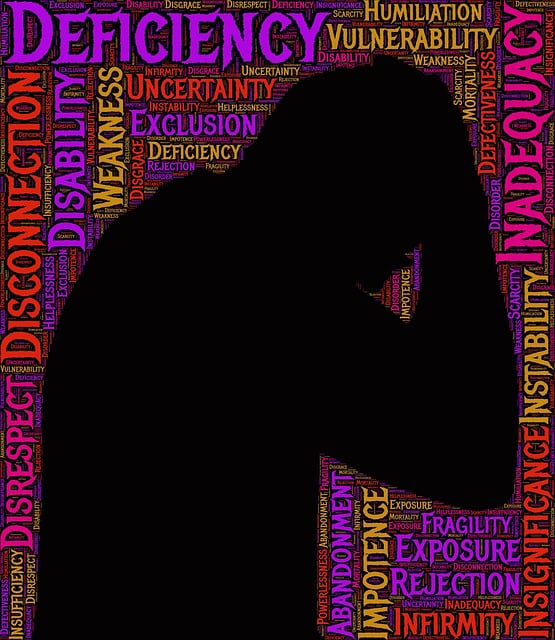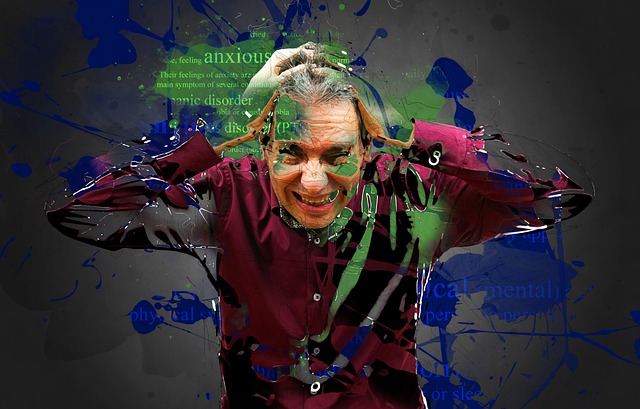Mental wellness is a comprehensive state encompassing emotional, psychological, and social well-being, vital for managing stress, decision-making, and relationships. In fast-paced cities like Boulder, the demand for mental health support, including specialized Boulder ADD-ADHD therapy, has increased. Early intervention through services like Boulder ADD-ADHD Therapy is crucial for managing ADHD/ADD, preventing burnout, and promoting healthier coping mechanisms. An innovative therapeutic approach, this treatment offers tailored environments and evidence-based practices to improve focus, self-regulation, and overall well-being. Holistic strategies, including physical activities, mindfulness, learning new skills, and professional support, foster resilience and mental wellness. Building a strong community network in Boulder through local communities and initiatives further empowers individuals, ensuring access to specialized resources like Boulder ADD-ADHD Therapy for optimal mental health.
Mental wellness is a cornerstone of overall health, shaping our daily experiences and interactions. This article explores various facets of promoting mental wellness, from understanding its profound impact on daily life to recognizing the significance of early intervention for conditions like ADHD. We delve into effective strategies for self-care and maintenance, emphasizing Boulder ADD-ADHD Therapy as a game-changer in unlocking supportive treatment options. Additionally, we discuss building community networks for enhanced mental wellness.
- Understanding Mental Wellness and Its Impact on Daily Life
- Recognizing the Importance of Early Intervention for ADD/ADHD
- Boulder ADD-ADHD Therapy: Unlocking Supportive Treatment Options
- Strategies for Self-Care and Mental Health Maintenance
- Building a Community Network for Enhanced Mental Wellness
Understanding Mental Wellness and Its Impact on Daily Life

Mental wellness is a holistic state that encompasses emotional, psychological, and social well-being. It affects every aspect of our lives, from how we think and feel to how we interact with others and manage daily tasks. Understanding mental wellness involves recognizing its dynamic nature and acknowledging that it can fluctuate based on various factors such as life events, health conditions, and environmental influences. In today’s fast-paced world, even in a vibrant city like Boulder ADD-ADHD therapy has become increasingly sought after, highlighting the growing need to prioritize mental health.
The impact of good mental wellness is profound. It enables individuals to cope with stress, make positive choices, and maintain strong relationships. Conversely, untreated mental health issues can hinder productivity, impact overall health, and even lead to debilitating conditions. Therefore, promoting mental wellness through effective stress reduction methods, well-designed mental health education programs, and social skills training becomes crucial in fostering a healthier and happier community, particularly in bustling urban centers like Boulder.
Recognizing the Importance of Early Intervention for ADD/ADHD

Early intervention plays a pivotal role in managing Attention Deficit Hyperactivity Disorder (ADHD) or Attention Deficit Disorder (ADD), conditions that often present in childhood and can persist into adulthood. Recognizing the symptoms and seeking professional help early on, such as through Boulder ADD-ADHD Therapy services, is crucial for several reasons. It allows for a more effective treatment plan tailored to the individual’s unique needs, improving their chances of success and overall well-being.
By implementing empathy-building strategies and fostering an environment that supports rather than penalizes symptoms, early intervention can prevent burnout and promote healthier coping mechanisms. Public awareness campaigns development focused on destigmatizing ADHD/ADD is another vital aspect, encouraging open conversations and ensuring individuals receive the necessary support without delay.
Boulder ADD-ADHD Therapy: Unlocking Supportive Treatment Options

In Boulder, ADD-ADHD Therapy has emerged as a beacon of hope for individuals navigating the challenges of Attention Deficit Hyperactivity Disorder (ADHD). This therapeutic approach goes beyond traditional treatments, offering a supportive and understanding environment tailored to address the unique needs of each person. Through evidence-based practices, experts in Boulder’s mental health community are unlocking new paths to improved focus, self-regulation, and overall well-being for those diagnosed with ADHD.
The comprehensive nature of Boulder ADD-ADHD Therapy integrates various communication strategies and burnout prevention techniques, recognizing the importance of both personal growth and professional support. By integrating these approaches, therapists foster an enabling atmosphere where individuals can develop effective coping mechanisms, enhance their self-esteem, and lead more fulfilling lives. This holistic perspective is especially crucial in light of the Mental Health Policy Analysis and Advocacy, which highlights the need for personalized treatment options that cater to the diverse needs of individuals with ADHD.
Strategies for Self-Care and Mental Health Maintenance

Maintaining mental wellness is an ongoing journey that requires dedicated self-care practices. One effective strategy for individuals seeking to enhance their mental health is incorporating daily rituals that nurture both mind and body. This can include engaging in regular physical activity, such as hiking or yoga—activities that have been shown to reduce stress and improve overall mood, especially when set in the beautiful outdoors, a benefit often sought after by those exploring Boulder ADD-ADHD therapy options. Additionally, cultivating mindfulness through meditation or journaling allows for better emotional regulation and increased self-awareness.
Building inner strength and emotional intelligence is another crucial aspect of mental wellness maintenance. Engaging in activities that challenge and support personal growth, such as learning new skills or pursuing hobbies, can foster a sense of accomplishment and boost confidence. Furthermore, seeking professional support through trauma support services or counseling sessions equips individuals with valuable tools for managing mental health challenges. By combining these strategies with consistent self-reflection and healthy lifestyle choices, individuals can cultivate resilience, ensuring they remain adept at navigating life’s curveballs while maintaining optimal mental wellness.
Building a Community Network for Enhanced Mental Wellness

Building a strong community network is an integral aspect of promoting mental wellness, especially for individuals navigating challenges like ADD/ADHD in Boulder. Creating connections and fostering support systems can significantly enhance one’s overall well-being. Local communities offer a unique opportunity to share experiences, gain insights, and access specialized resources tailored to specific needs.
Through community initiatives, such as the Mental Wellness Podcast Series Production, individuals can find solace and understanding. These platforms provide a space for open conversations about mental health, including topics like self-care practices and depression prevention. By engaging with peers who may have similar experiences, one can develop valuable coping strategies and build resilience. This interconnectedness is a powerful tool in the pursuit of optimal mental wellness, ensuring individuals feel supported and empowered in their journey towards better mental health.
Mental wellness is a holistic journey, and by combining professional support, such as Boulder ADD-ADHD Therapy, with proactive self-care and community connections, individuals can effectively navigate life’s challenges. Early intervention for conditions like ADD/ADHD is key to unlocking potential and fostering resilience. Through understanding mental wellness and adopting strategies for maintenance, we empower ourselves and our communities to thrive with enhanced emotional well-being.
